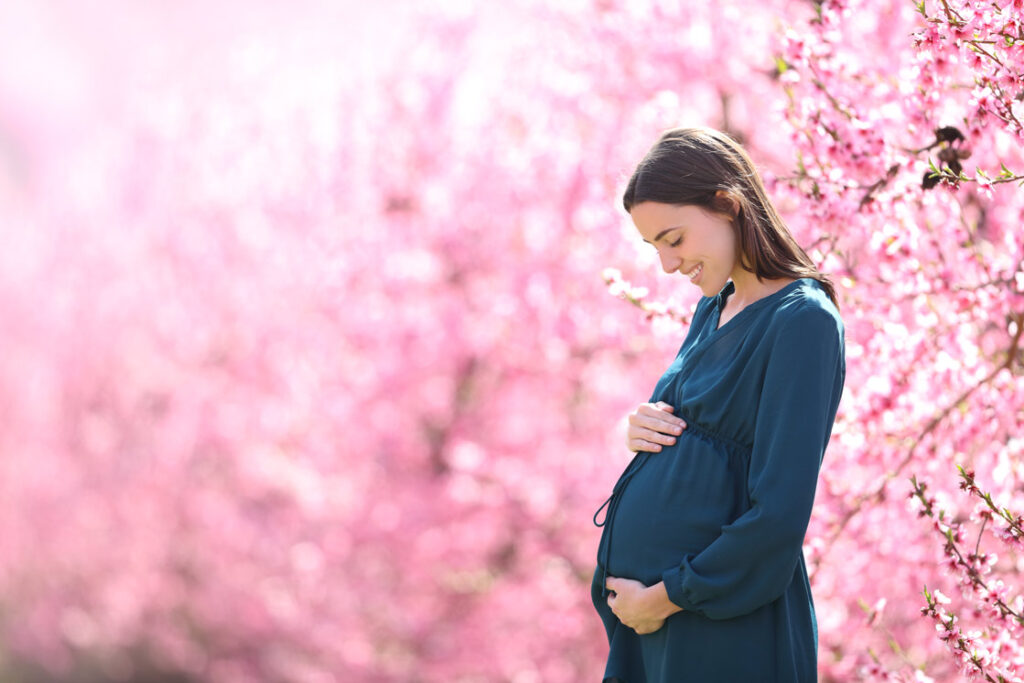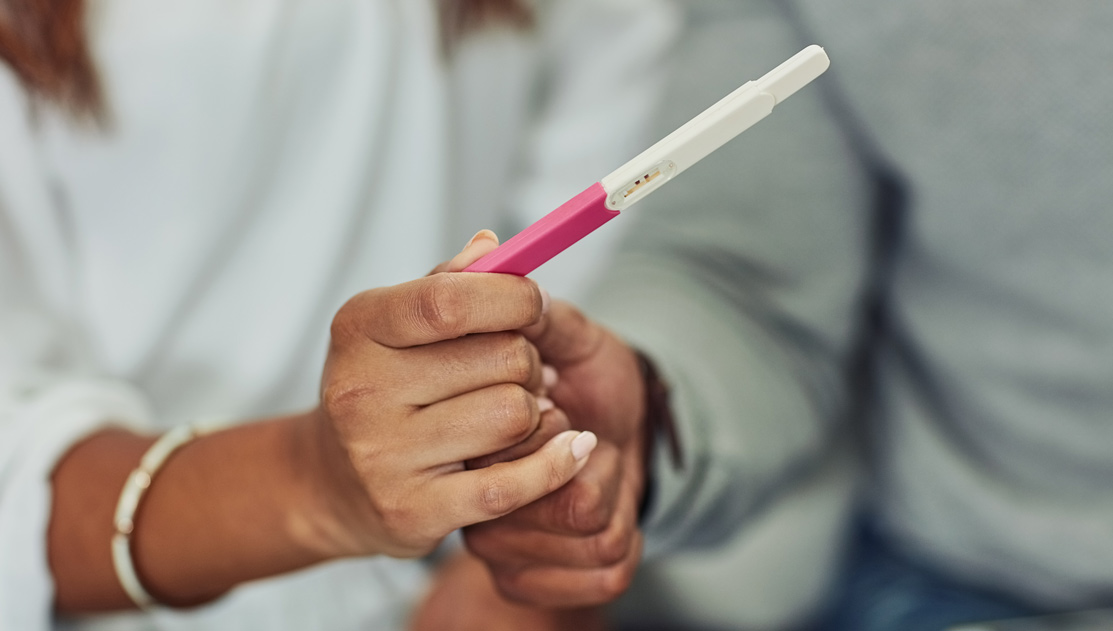If you’ve been trying for a baby for a while, you might feel ready to attempt anything, including alternative fertility therapies. These days, the internet is awash with ads for mysterious miracle cures with ungodly price tags.
A willingness to experiment is completely understandable given the struggle and stress that infertile couples face. For example some people try things like homeopathy, Chinese herbal medicine, chiropractic care, herbal treatment, and massage therapy. Of course, every couple can follow their own conscience.
As we always say though, time is fertility. And often unfortunately, so is money. Complementary or alternative fertility treatments are usually costly, so if you are offered them it helps to analyse whether there is decent evidence to back up the assertions behind the price tag. So what’s the deal?
A lack of good evidence
For most of these treatments, unfortunately there simply isn’t enough evidence to support the claims. For example, a 2018 scoping review of data on complementary treatments for fertility found: ‘a lack of high quality evidence that complementary and alternative medicine (CAM) improves fertility…outcomes for men or women.’
The review analysed hundreds of international studies looking at a range of alternative fertility treatments including Chinese herbal medicine, homeopathy, Ayurveda, acupuncture, herbal medicine, chiropractic medicine, massage, osteopathy, naturopathy, hypnosis, and yoga. It concluded that the evidence for complementary fertility treatments was poor not just because there were flaws in the study designs but also because the results of the studies contradicted each other. Of all the treatments included in the review, acupuncture had the most positive evidence for improving female and male fertility outcomes, but the evidence was still ‘inconclusive’.
More research using robust methods like randomised controlled trials is needed, the authors said, to help fertility patients and doctors evaluate the effectiveness of complementary therapies for fertility.
In other words: don’t bank on them yet.
Unsurprisingly, complementary therapies are normally not delivered in fertility clinics licensed by the Human Fertility and Embryology Authority (HFEA), as we are here at The Fertility and Gynaecology Academy. The HFEA is the United Kingdom’s world-class independent regulator of fertility treatment; the world’s first such statutory body. The HFEA advises: ‘It is important to keep in mind that for most patients, having routine cycles of proven fertility treatment is effective without using any complementary or alternative therapies.’
Dr Anu Chawla, Fertility Consultant here at The Fertility & Gynaecology Academy says: “On the other hand, trying for a baby (with or without IVF) can be a highly stressful time and many people report that complementary or alternative therapies like help with relaxation and stress relief. Just bear in mind that as the HFEA also notes, if you are looking to try complementary therapy during your fertility journey, it is important to check with your fertility doctor first because some treatments (especially herbal remedies) have contraindications, may interfere with your fertility medications, or are not to be taken when pregnant.”
What about healthy eating for fertility?
There is no straight road from food to conception, but a healthy diet makes for a healthy body, helping you to get baby-ready. The body often has different nutritional demands for fertility and pregnancy than for everyday life, and it’s certainly wise to learn a bit about nutrition if you’re trying for a baby.
Here at The Fertility and Gynaecology Academy, we’ve written articles on food and fertility, for example detailing foods with nutrient goodies that may help feed fertility, and how reducing those ready-meals may help protect fertility.
If you’ve been trying to get pregnant…
Have you been trying for a baby for a while? Want to check if everything is okay? Time is fertility, so the quicker any problem is discovered the better chance you have of a successful pregnancy.
If there is an underlying condition, we work to uncover what the cause is and provide the appropriate fertility treatment. To find out more or book a consultation call The Fertility and Gynaecology Academy now on 020 7224 1880 or email info@fertility-academy.co.uk.







